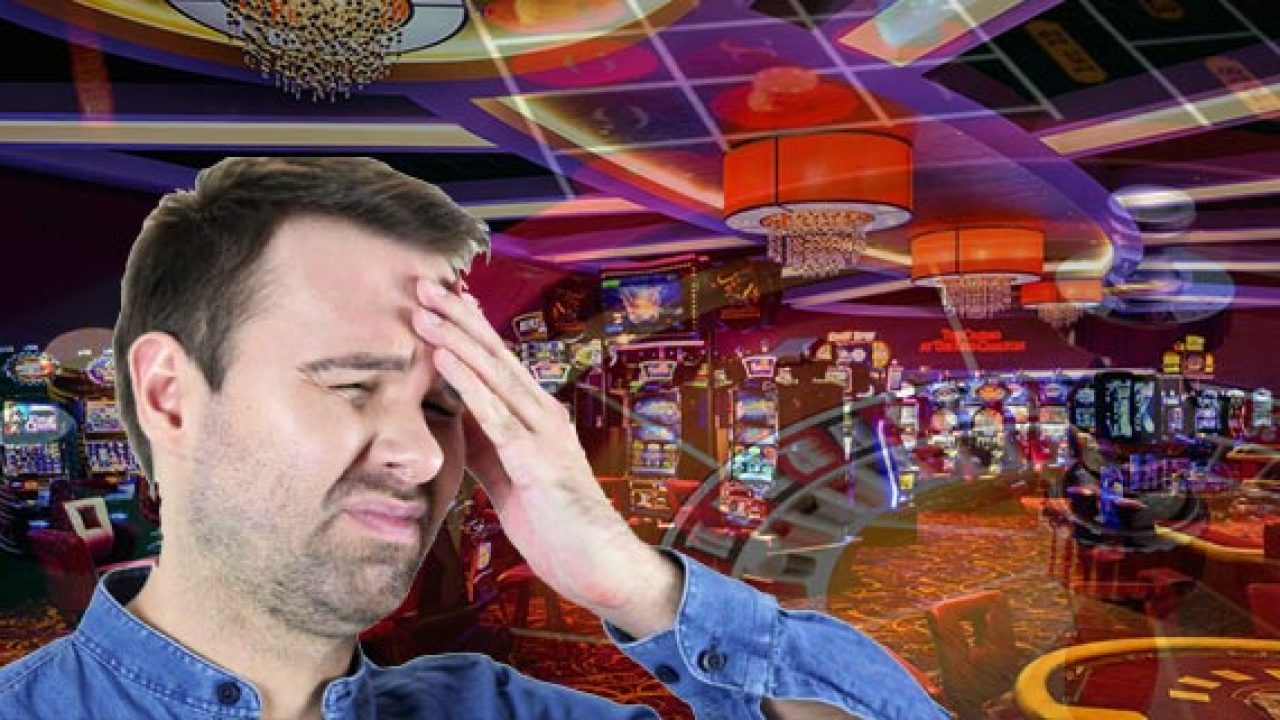Why do I gamble until I lose?
This comprehensive article delves deep into the complex world of gambling addiction and explores the psychological factors that drive individuals to gamble until they lose. We aim to provide valuable insights and shed light on this pervasive issue affecting countless lives worldwide.
Understanding Compulsive Gambling
What Is Compulsive Gambling?
Compulsive gambling, also known as gambling addiction or pathological gambling, is a disorder characterized by an uncontrollable urge to gamble despite the negative consequences it may bring. It is a behavioral addiction that affects people from all walks of life, transcending age, gender, and socioeconomic status.
The Thrill and Escape
For many individuals, gambling offers an exhilarating rush of adrenaline and an escape from reality. The prospect of winning big and the excitement of placing bets can create a powerful allure. However, what distinguishes those who can gamble recreationally from those who develop an addiction?
Psychological Factors Behind Compulsive Gambling
Dopamine and Reward System
Gambling triggers the release of dopamine, a neurotransmitter associated with pleasure and reward. When individuals experience a win, their brain’s reward system is activated, reinforcing the behavior and fueling the desire to continue gambling. Over time, the brain becomes desensitized to smaller wins, leading to higher stakes and increased risks.
Cognitive Biases
Compulsive gamblers often fall prey to cognitive biases distorting their perception of probabilities and outcomes. Illusions of control and the gambler’s fallacy, where individuals believe that previous outcomes influence future results, contribute to persistent gambling behavior. These biases perpetuate the belief in an eventual big win, driving them to gamble until they exhaust their resources.
Escapism and Coping Mechanisms
For some individuals, gambling becomes an escape from personal problems, stress, or emotional pain. The thrill and excitement of the activity temporarily distract them from their underlying issues. However, this coping mechanism only serves as a temporary relief, leading to a vicious cycle of chasing losses and seeking further escape.
Co-occurring Mental Health Disorders
Compulsive gambling often coexists with other mental health disorders like depression, anxiety, or substance abuse. These conditions can exacerbate the urge to gamble and make breaking free from the addiction more challenging. Addressing these underlying mental health issues is crucial for successful treatment and recovery.

Seeking Help and Support
If you or someone you know is struggling with compulsive gambling, you must recognize the signs and seek professional help. Various resources and treatment options are available to support individuals on their journey to recovery.
Therapy and Counseling
Individual and group therapy sessions provide a safe space to explore the underlying causes of their addiction, develop healthier coping mechanisms, and learn strategies to overcome urges and cravings.
Support Groups
Support groups like Gamblers Anonymous allow individuals to connect with others facing similar challenges. Sharing experiences, stories, and strategies for recovery can provide a sense of belonging and support throughout the journey.
Financial Counseling
Addressing the financial consequences of gambling addiction is crucial. Seeking guidance from financial counselors can help individuals regain control over their finances, develop responsible money management skills, and rebuild their lives after the devastation caused by excessive gambling.
Conclusion
In conclusion, compulsive gambling is a multifaceted issue driven by psychological factors. Understanding the allure and the underlying motivations behind this addiction is crucial for developing effective prevention and treatment strategies. By shedding light on the intricate workings of compulsive gambling, we hope to contribute to greater awareness and support for those affected.
Remember, if you or someone you know is struggling with gambling addiction, seeking help is the first step toward recovery. With the right support system and treatment, it is possible to break free from the destructive cycle of gambling until you lose and regain control over your life.
